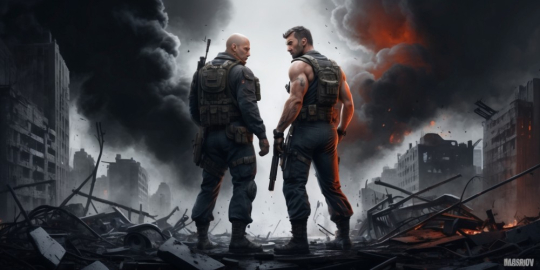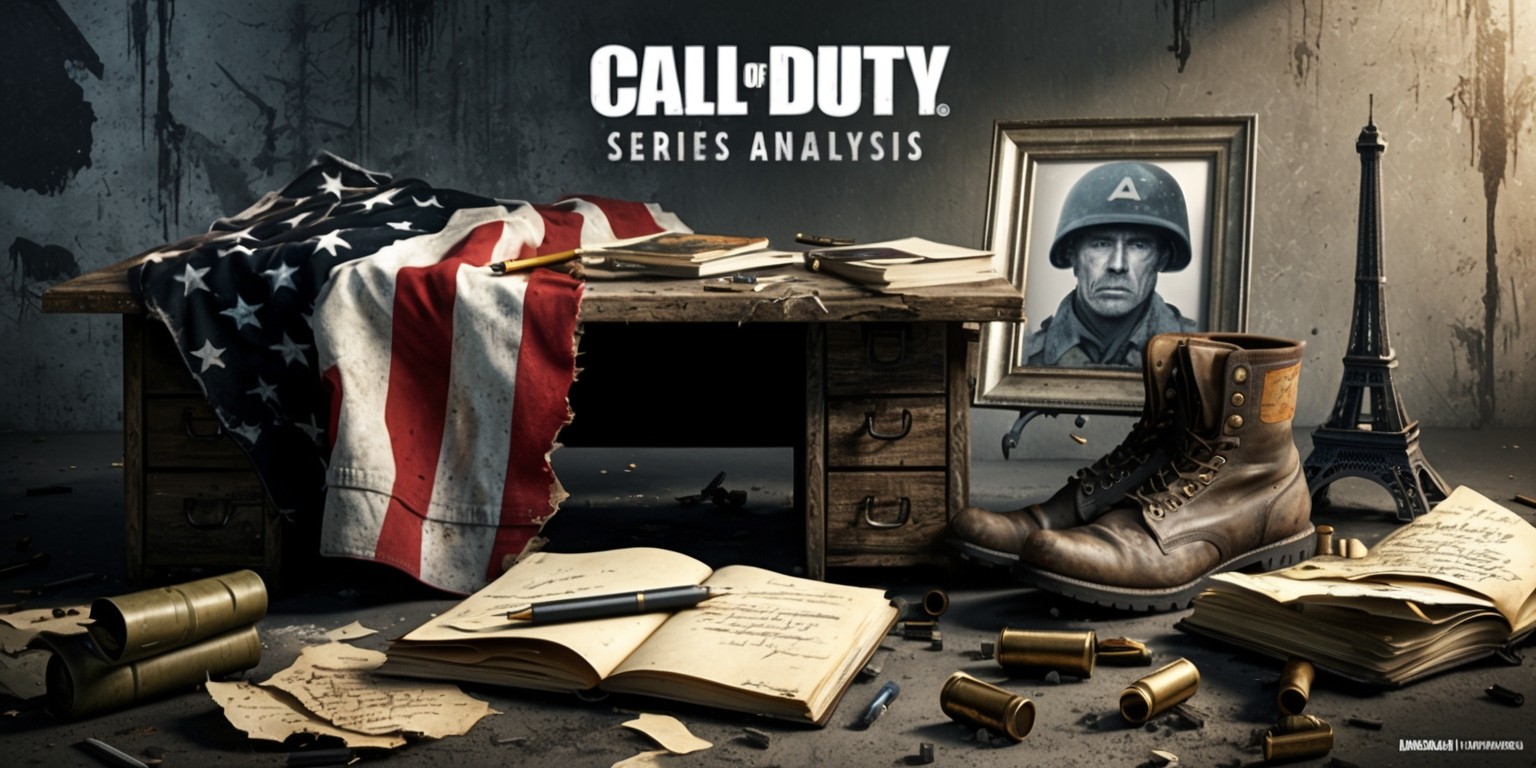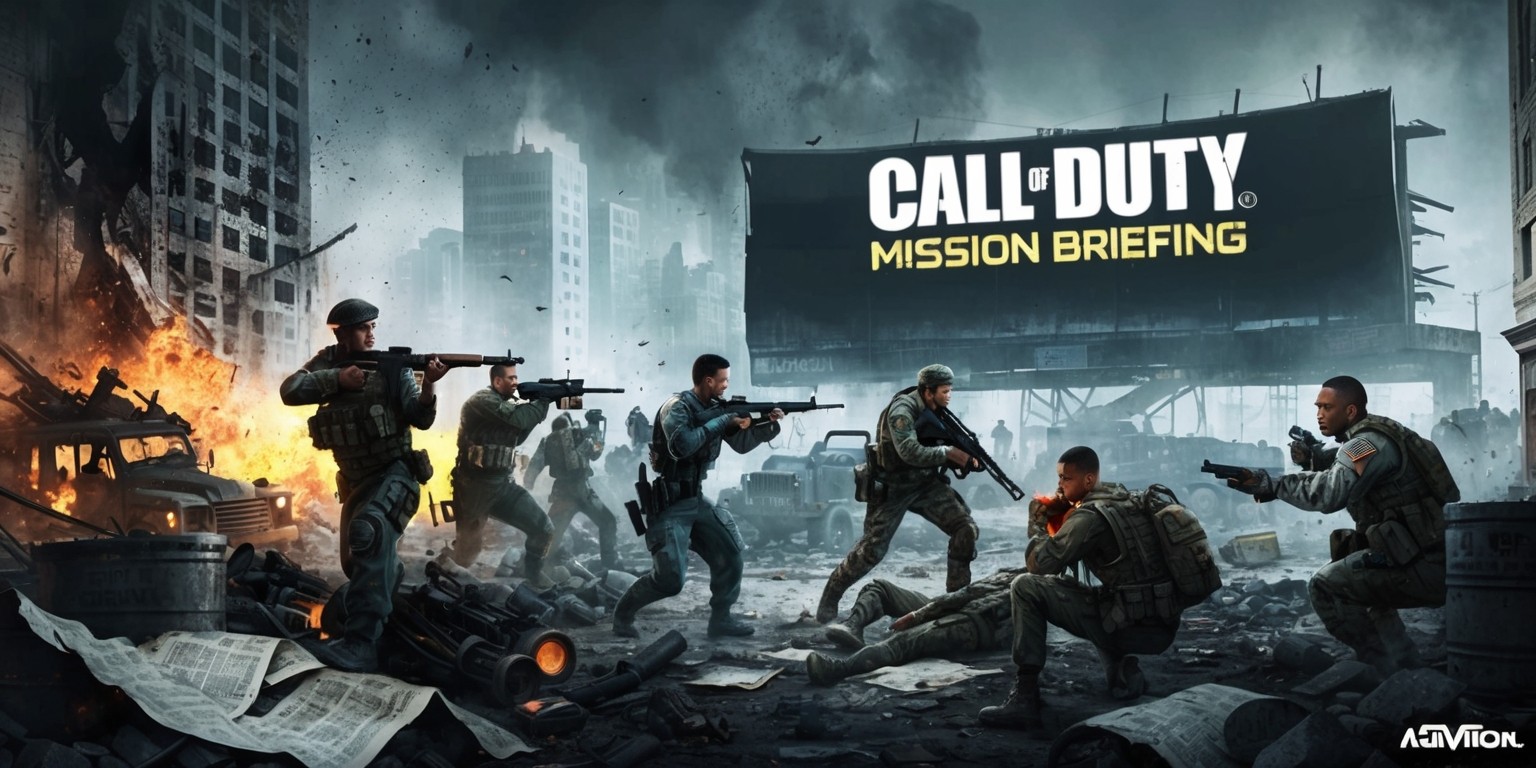
In the vast universe of video games, particularly within the realm of first-person shooters, only a minuscule number of franchises have stamped such a substantial imprint as Call of Duty. The long-standing series has evolved over the years, yet one striking pattern has emerged—the mirroring of storylines, particularly in two of its iconic sequences: Modern Warfare 2 and Black Ops: Cold War. At the heart of these narratives lie complex characters who embody the essence of antagonism, manipulations, and geopolitical strife. Among these characters, Vladimir Makarov and Perseus stand out, each beautifully crafted to represent the chaos and motives intertwined with their plots. This exploration takes us deep into their motivations, actions, and the overarching themes of blame within their narratives.
The Unraveling of Antagonists
The Call of Duty series is no stranger to creating compelling villains, yet none serve a more intriguing purpose than Makarov and Perseus. While they hail from different titles, their actions reflect similar objectives—unleashing chaos primarily through the guise of righteous judgment against the United States.
Dueling Universes
Modern Warfare and Black Ops stand as twin pillars within the franchise, hiding layers of connections that often go unnoticed. They are intertwined through Easter eggs and overarching themes, providing players with a richer experience through subtle hints of continuity.
The Allure of American Disarray
Traditionally, villains in video games seek the destruction of their adversaries, often represented by the United States. Makarov and Perseus share a chilling objective, seeking not just destruction but also scapegoating America for their catastrophic actions, reminiscent of legendary villains in literature and film.
The Chaotic Genesis

The journey into chaos began in 2009 when players encountered one of the most controversial missions in Modern Warfare 2, where the infamous phrase “No Russian” echoed through every player’s mind. The cold, calculated moves executed by Makarov left players grappling with the moral implications of their actions.
Sowing Seeds of Insurrection
Makarov, along with his league of gunmen, delivers brutality on a mass scale, forever altering the perception of morality in gaming narratives. With a pretense of innocence, he crafts a narrative that leads to manipulating not just game characters but the entire geopolitical landscape.
The Mastermind of Deception
In the climactic moments of Modern Warfare 2, the reveal of Makarov’s knowledge of Private Joseph Allen’s true identity underscores a deeply unsettling truth—every act of violence was a deliberate step towards overshadowing truth with chaos.
Perseus: The Calculating Strategist
In stark contrast, the character of Perseus in Black Ops: Cold War epitomizes a different breed of villainy. While Makarov operates from a place of chaotic instinct, Perseus presents a meticulous strategy aimed at leveraging American mistrust for personal and national gain.
Operation Greenlight: A Dangerous Ploy

Perseus’s pursuit of Operation Greenlight, a CIA project to deploy nuclear arms in Europe, illustrates an ambitious plan that reflects a deeper understanding of international politics. The shedding of blood is not merely for chaos but for calculated political maneuvering.
Similar but Distinct
While both characters aim for American defeat, they differ significantly in their core philosophies. Makarov lacks allegiance to any cause beyond personal ambition, whereas Perseus embodies a sense of loyalty that contributes to his strategic plotting.
Psycho vs. Pragmatist
Makarov’s delusional perception and cruel intentions reflect a desire for chaos without cause—a wild card with no interest in rebuilding. Conversely, Perseus’s focus gravitates more towards restoring Russia's greatness, showcasing a commitment that belies ruthless tactics.
A Hypothetical Power Play
Envisioning a scenario where Makarov’s ambitions succeed reveals a troubling truth. His victory would result from egotistical motives—with personal gain overshadowing nationalistic pretenses. In that regard, he mirrors the traits of a traditional anarchistic villain.
Perseus’s Nationalistic Drive
Conversely, if Perseus were to succeed, it would stem from a calculated effort for national glorification rather than a selfish desire. His operations resonate with a sense of duty, leading to a more alarming premise—becoming a patriot willing to obliterate obstacles for Russia’s resurgence.
Reflections on Intertwining Narratives
How do we reconcile these convoluted story arcs that blend ambition with chaos? Each character reflects a philosophical exploration of morality, manipulation, and the decisions that inevitably lead to conflict. The narratives emphasize the blurry lines between villainy and patriotism, inviting players to ponder deeper questions of morality.
The Final Analysis
Ultimately, the narratives of Modern Warfare 2 and Black Ops: Cold War are less about the triumph of good versus evil and more about the shades of gray that inhabit the minds of significant players on the world stage. Makarov and Perseus not only fuel the chaos but have become emblematic of the moral conflicts prevalent in not just gaming narratives, but real-world power plays as well. As players navigate these stories, they engage with themes that resonate beyond the screen—a stark reminder of the fragility of truth in the face of betrayal.
Considering the Legacy
This intricate portrayal of villains invites future storytellers to explore similar tensions and ideas as they continue to shape the world of gaming narratives. With each entry, the Call of Duty franchise continues to provoke discussions that transcend mere entertainment, grounding its stories in the very fabric of geopolitical commentary.